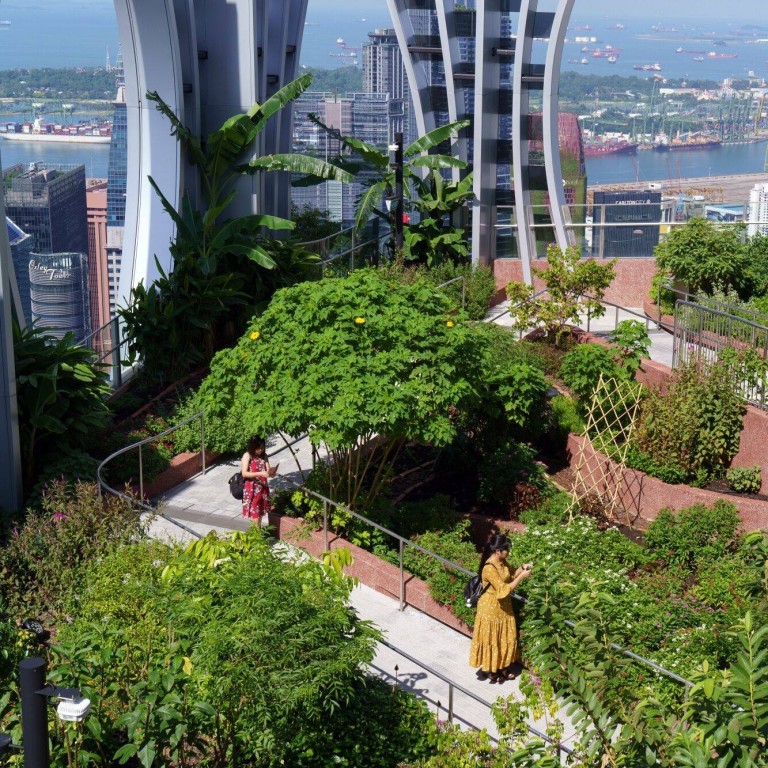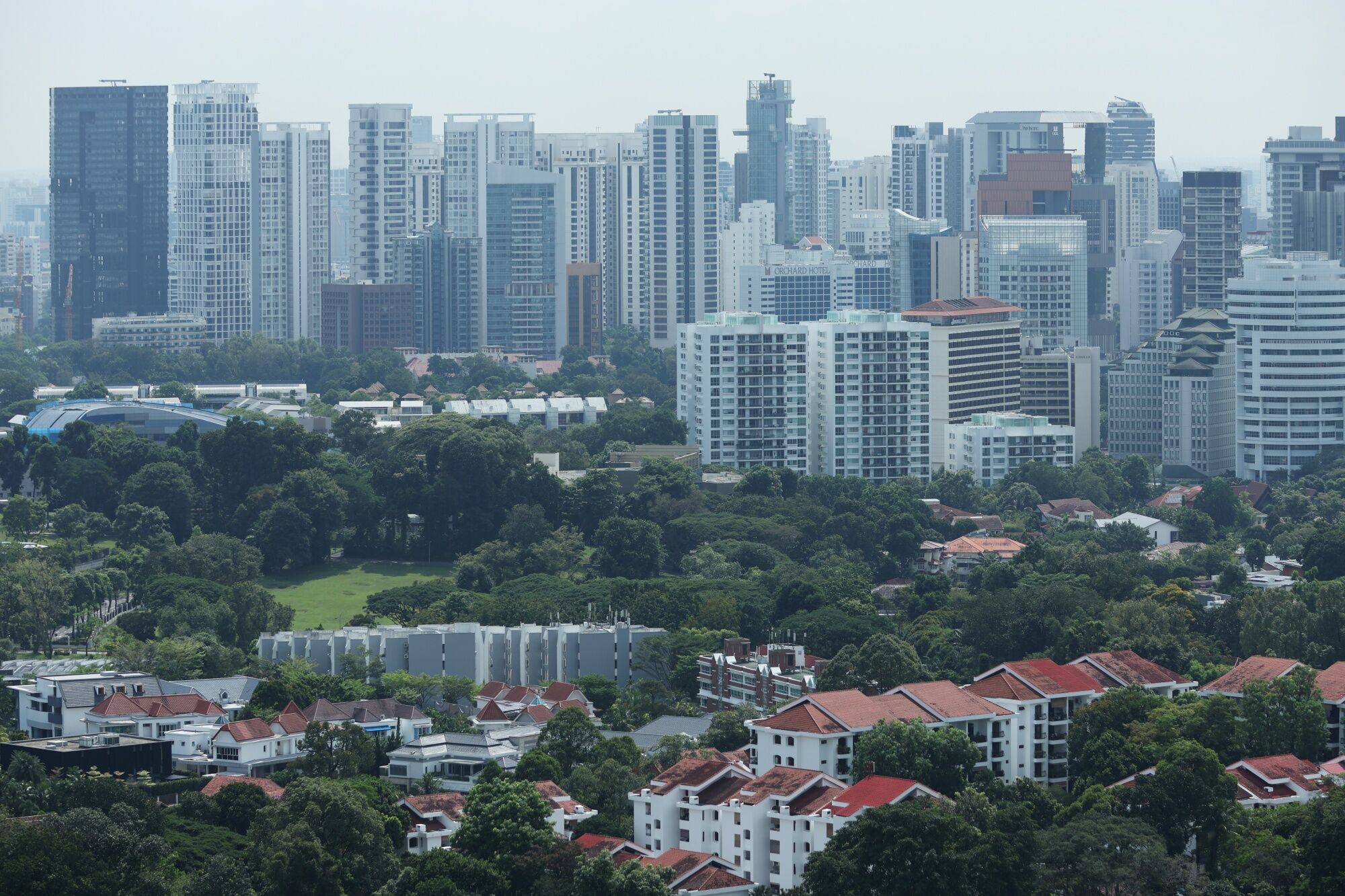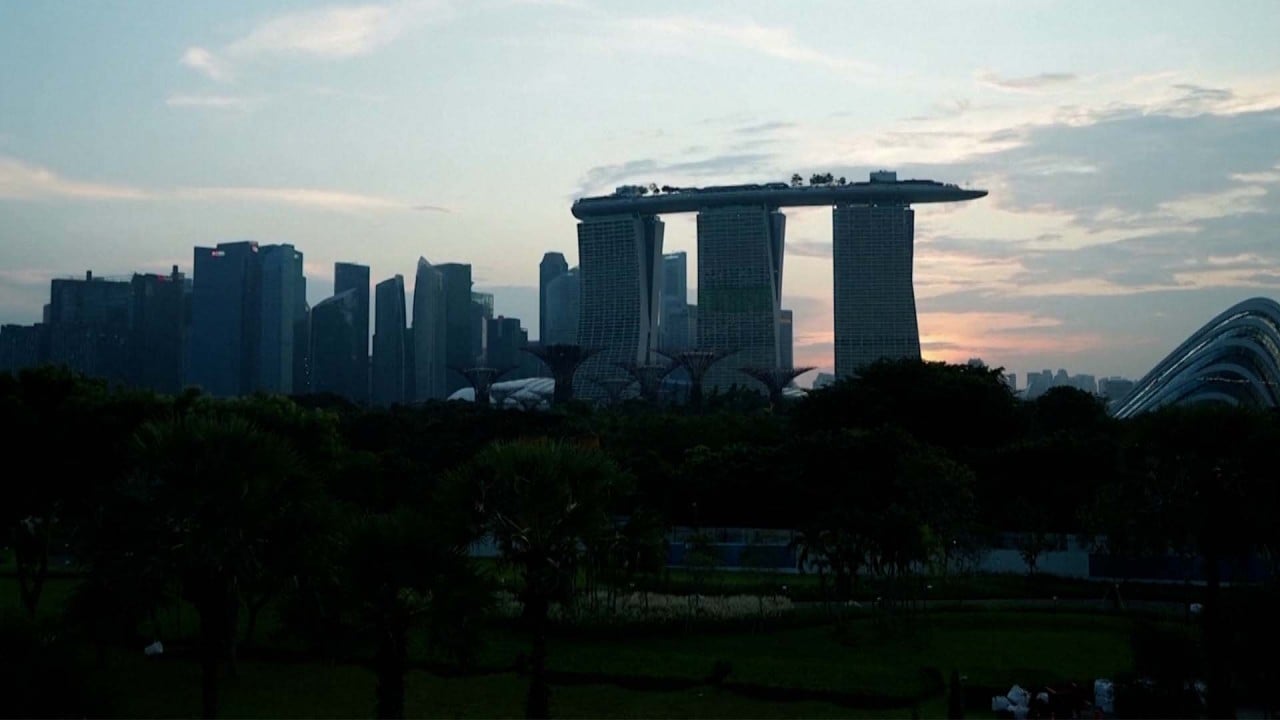
4 reasons Singapore’s housing market is not about to collapse
- Singapore’s housing market was bound to slow significantly after undergoing a boom in recent years, but there is no indication a steep decline is on the way
- Moreover, the government has the policy tools needed to avert a sustained drop in prices
In a report published earlier this month, Morgan Stanley said “the end is near for what has been an historic rally in [Singapore] private home prices”. The bank predicts a 3 per cent decline in home values next year following a seven-year-long rally, “marking the start of [a] downcycle”.
If its forecast proves accurate, this would be a dramatic reversal of fortune for a market that experienced a nearly 20 per cent rise in prices in 2021-22 and is expected to witness a further 4-5 per cent increase this year.
Morgan Stanley said the drop in prices would be caused by a combination of much weaker demand and a sharp increase in supply. It pointed to “regulatory deterrence for foreign buyers” and “a narrowing pool of public housing upgraders” as key factors that, together with a reversal in the demand-supply imbalance, would cause home values to fall.
In the third quarter of this year, just over 80 per cent of sales were to Singaporean citizens. This explains the sharp divergence in prices across sub-markets.
Second, household balance sheets remain healthy, supported by a tight labour market. Housing affordability is not as stretched as in other leading property markets. In a report published last week, JPMorgan noted that median incomes in Singapore have increased 72 per cent in the past decade, exceeding the 55 per cent rise in home prices. In the last two years, they have risen 6-8 per cent per year, buttressing demand for mass market properties.
Singapore property measures targeting foreigners make no sense
Third, although private home sales in the primary and secondary markets in the first three quarters of this year were down compared with the corresponding period in 2022, according to PropNex Realty, supply is still relatively tight even after a surge in completions this year.
The share of private flats sold for more than S$2 million (US$1.5 million) to buyers with addresses in the public housing system rose to 18.9 per cent of total sales in the first three quarters of this year, up from 15.7 per cent in the corresponding period last year, according to data from OrangeTee & Tie.

Fourth, the public housing market itself is proving resilient despite a marked deceleration in the pace of price growth. In the resale market for government-subsidised flats, prices last quarter grew 1.3 per cent on a quarterly basis, the 14th straight quarterly increase.
Mak said the prices of resale flats in the public housing system provide a “floor” for the private market. Tellingly, the number of government-subsidised flats that changed hands for more than S$1 million in the first 10 months of this year exceeds the figure for the whole of 2022, according to PropNex Realty.
To be sure, Singapore’s housing market is experiencing a sharp slowdown. Yet, even in the private rental market, where the deceleration has been more pronounced, prices still grew 11.1 per cent in the first three quarters.
Having undergone a boom in recent years, Singapore’s market was bound to slow significantly. However, there is no indication the market faces a steep decline. Even if it did, the government has plenty of levers to pull to avert a sustained drop in prices given all the cooling measures it has imposed. Singapore’s housing market is not about to hit the skids.
Nicholas Spiro is a partner at Lauressa Advisory


